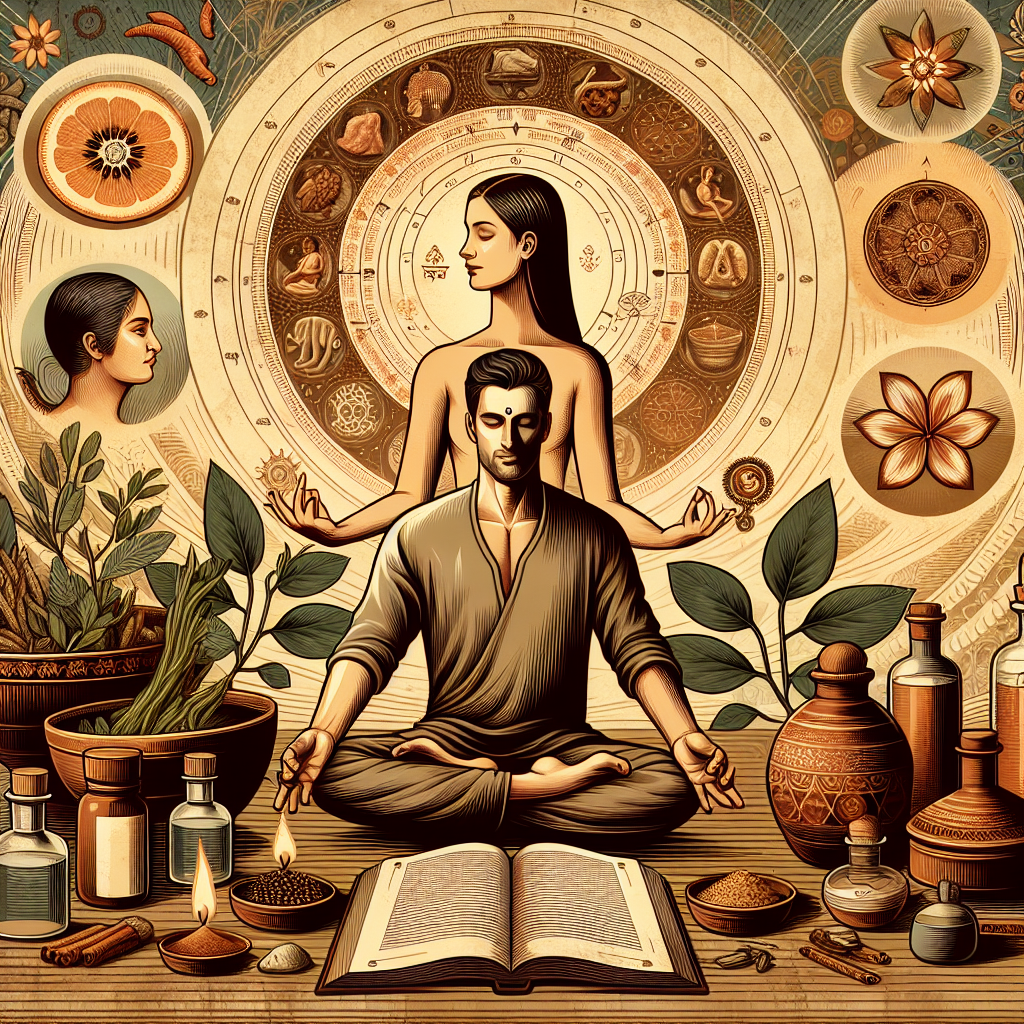Ayurveda's Global Rise: Bridging Ancient Practices and Modern Medicine
Ayurveda's heritage dates back over 3000 years, but it has gained substantial global recognition recently. Dr. Ravishankar Polisetty, a pioneer in Poly Scientific Ayurveda, advocates for its integration with modern healthcare. He believes strategic diplomacy can elevate India's status as a wellness destination, emphasizing personalized, holistic, and preventive care.

- Country:
- India
Ayurveda, with its roots tracing back over 3000 years, has begun to see significant validation globally, not merely as a lifestyle discipline but as a credible medical system. According to Dr. Ravishankar Polisetty, a leading authority in Poly Scientific Ayurveda, this ancient healing methodology combines holistic principles derived from the Sanskrit words 'Ayu' (life) and 'Veda' (knowledge of science).
Dr. Polisetty, originally trained as a heart surgeon, was drawn to Ayurveda due to its comprehensive approach to illness prevention and root-cause healing. He advocates that with proper promotion, Poly Scientific Ayurveda can achieve international acclaim as a preventive healthcare system. He underscores the increasing global demand for personalized, natural health solutions, making now the opportune moment to present Ayurveda to the world, backed by evidence-based research. Highlighting his innovative device, Docture-Poly™, which uses AI and biometric data to assess 'Doshas' and recommend lifestyle changes, he exemplifies the integration of ancient wisdom with modern technology.
Furthermore, Dr. Polisetty commends government efforts to expand Ayurveda's reach, highlighting partnerships with international institutes and investments in the World Health Organisation's Global Centre for Traditional Medicine. He stresses that Ayurveda, particularly Poly Scientific Ayurveda, complements rather than opposes modern medicine. However, he cautions against fraudulent claims and unethical practices in the Ayurvedic industry to maintain its integrity.
(With inputs from agencies.)










